Need more information on 3D APT? Request more information here and we will get in touch with you soon.
In a society where neurological disorders represent a heavy burden, Philips is committed to provide superb diagnostic clarity and treatment guidance for all patients. Today, although MR is the gold standard in neuro oncology imaging, its accuracy in tumor grading and treatment follow up assessment can be further improved. 3D APT (Amide Proton Transfer) is a unique, contrast-free, brain MR imaging method addressing the need for more confident diagnosis in neuro oncology. 3D APT uses the presence of endogenous cellular proteins, to produce an MR signal that directly correlates with cell proliferation, a marker of tumoral activity. 3D APT can support trained medical professionals in differentiating low grade from high grade gliomas and, in differentiating tumor progression from treatment effect1.
Enhanced diagnostic confidence with 3D APT
What our customers say about 3D APT
It would be impactful to have a sequence like APT, which could assist us in making those decisions with more confidence”
Jeffrey Miller, MD
Pediatric radiologist at Phoenix Children’s Hospital (PCH)
APT was added to about 70 MRI exams of children with brain tumor and we saw some encouraging early results”
John Curran, MD
Radiologist at Phoenix Children’s Hospital (PCH)
Clinical cases from your peers with 3D APT

Brain with glioblastoma
with 3D APT
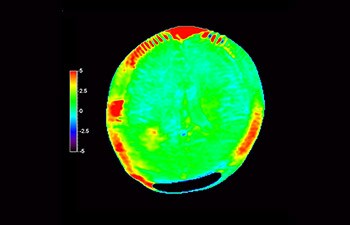
Brain imaging for glioblastoma recurrence
with 3D APT

Brain astrocytoma, post-radiotherapy
with 3D APT
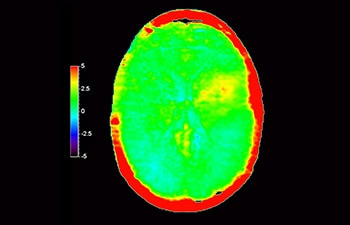
Brain lesion
with 3D APT
Need more information on 3D APT, please fill in the contact form and we will get in touch with you as soon as possible.
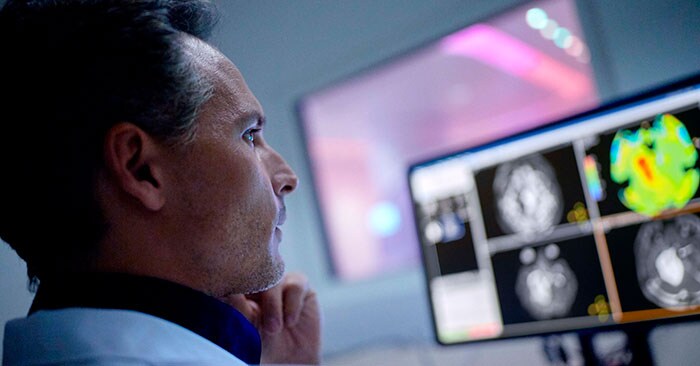
Advancement in molecular tumor diagnosis
Read more about the main principles and general acquisition mechanism of APTw imaging as initially pioneered by the group of Dr. van Zijl and Dr. Zhou.
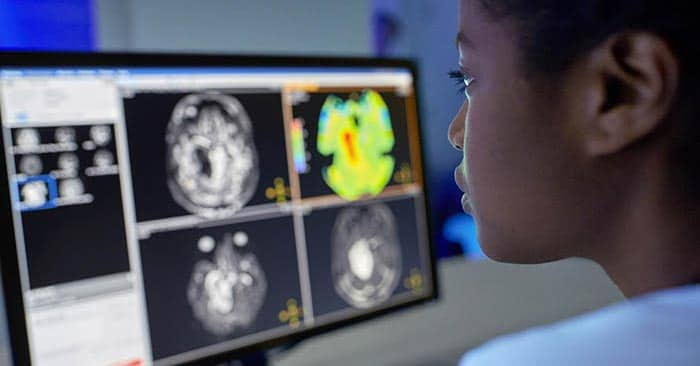
Enhancing brain tumor MRI with APT weighted Imaging
Read the story from Phoenix Children’s Hospital on the study they conducted to evaluate the value of APT in clinical practice.
Downloads
NetForum
Download ExamCards for 3D APT
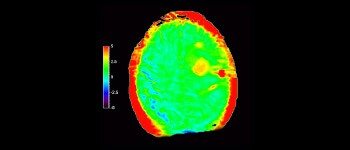
3D APT leaflet
Enhanced diagnostic confidence in Neuro oncology
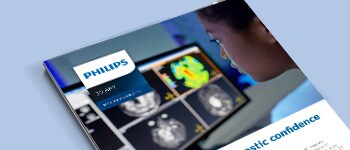
Related products
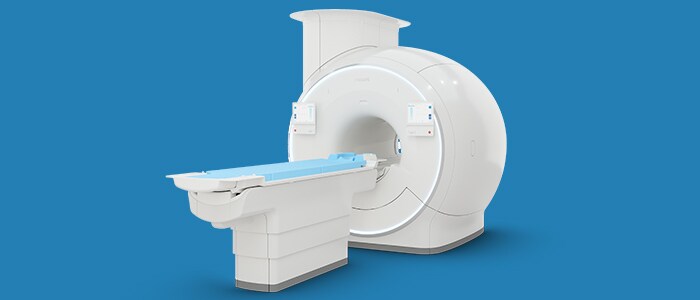
A revolutionary breakthrough in diagnostic quality - and speed
Ingenia Elition 3.0T
The new Philips Ingenia Elition solution offers cutting-edge MR imaging techniques, while setting new directions for clinical research in 3.0T imaging based on new gradient- and RF designs.
1 Zhou et al., Nat Med 9, 1085-1090 (2003).; Zhou et al., Magn Reson Med 50, 1120-1126 (2003); Jones et al., Magn Reson Med 56, 585-592 (2006).
